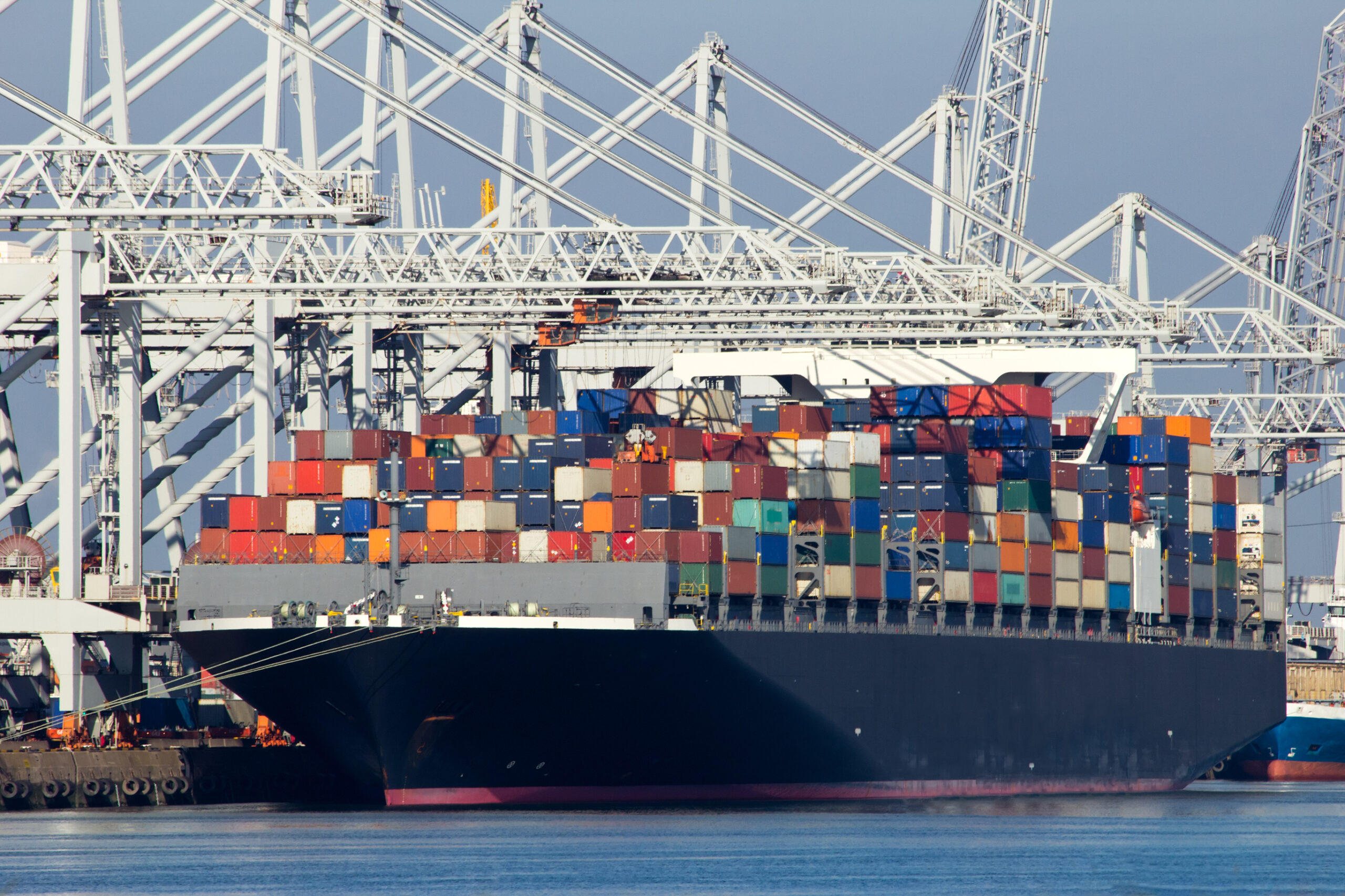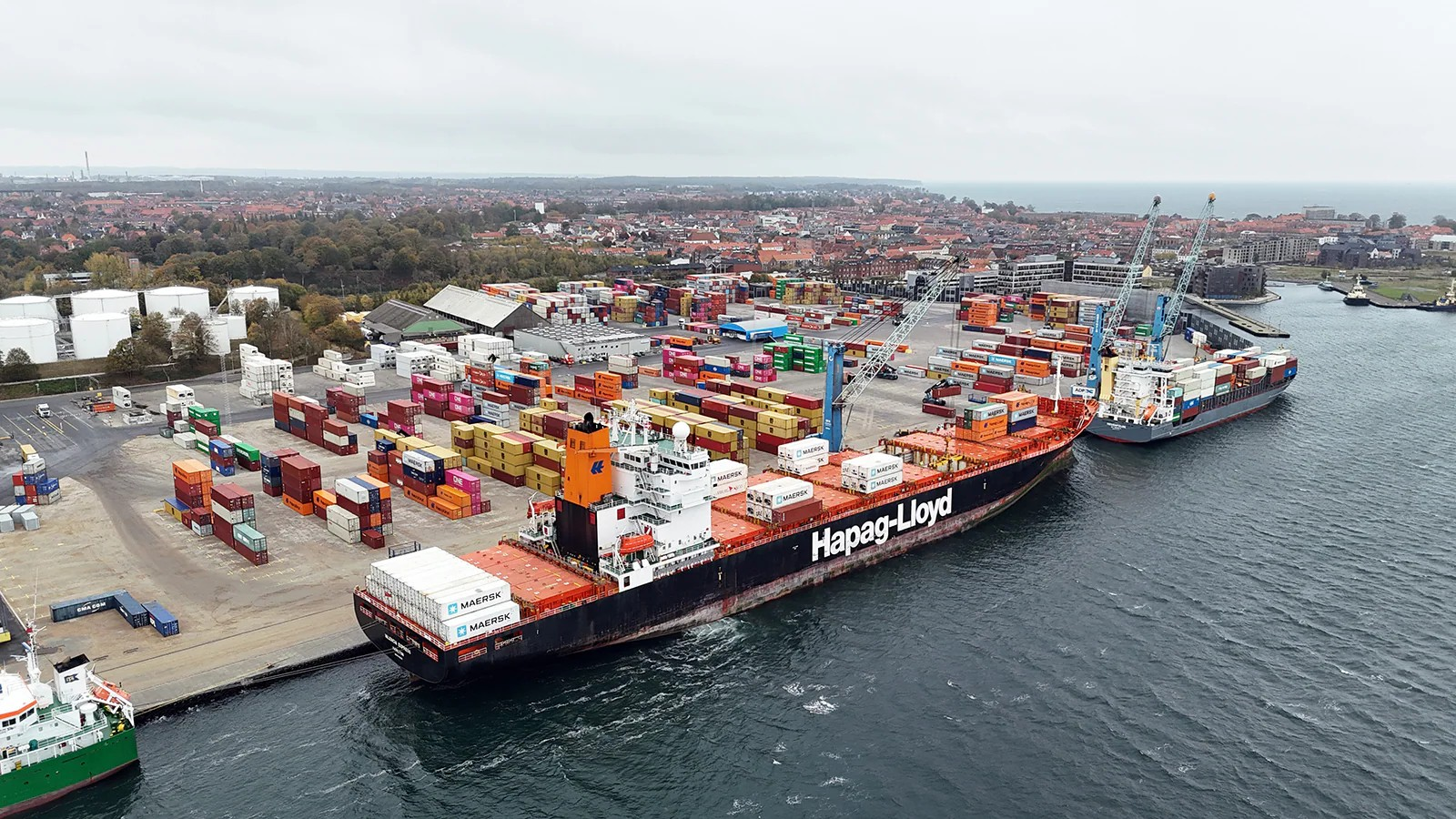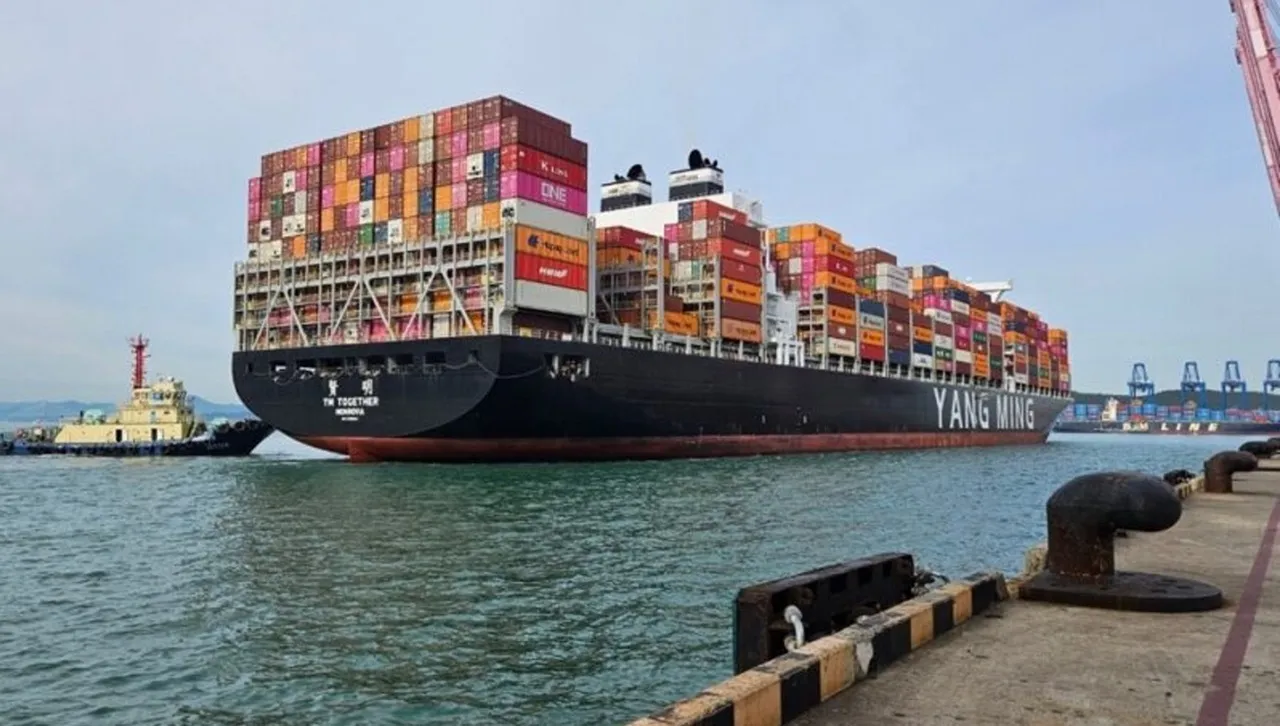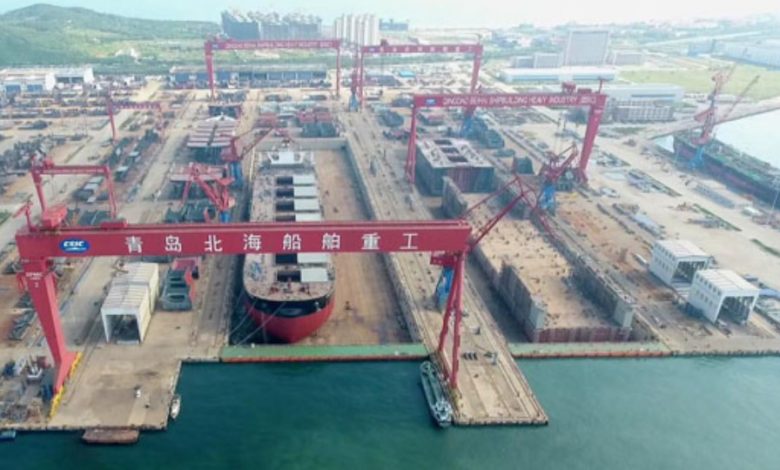Shippingtelegraph: White House sets date for suspending port fees
The U.S. will suspend port fees for a year on China-linked vessels starting November 10, marking a step toward easing maritime tensions that had become a flashpoint in the trade war.
The White House has confirmed that the United States will suspend for one year, starting on November 10, 2025, the implementation of the responsive actions taken pursuant to the Section 301 investigation on China’s Targeting the Maritime, Logistics, and Shipbuilding Sectors for Dominance.
In the meantime, the United States will negotiate with China pursuant to Section 301 while continuing its cooperation with the Republic of Korea and Japan on revitalizing the American shipbuilding.
According to a White House fact sheet dated November 1, China will also remove measures it took in retaliation for the U.S.’s announcement of a Section 301 investigation on China’s Targeting the Maritime, Logistics, and Shipbuilding Sectors for Dominance, and remove sanctions imposed on various shipping entities.
The White House emphasized that it will further extend the expiration of certain Section 301 tariff exclusions, currently due to expire on November 29, 2025, until November 10, 2026.
During the suspension period, Washington plans to negotiate with Beijing over its maritime industry probe.
Washington will also pursue shipbuilding opportunities with South Korea and Japan, two countries often seen as a counterweight to Chinese yards.
The fees reportedly have cost ship operators millions of dollars and disrupted vessel schedules, driving up shipping expenses that eventually will land on consumers, maritime experts warned.
While maritime executives welcomed suspension of penalties, they expressed frustration over continued uncertainty.
“This agreement is temporary and it lacks detail, so shippers looking to make long term supply chain decisions are left in limbo. It takes longer than 12 months to set up manufacturing facilities in another nation if a shipper wants to shift supply chains out of China,” Emily Stausbøll, senior shipping analyst at Xeneta said.
She added: “No one can say with any degree of certainty what the situation will be when the truce expires – or even if the agreement lasts the full 12 months.”
From his side, Gregory Zikos, CFO of containership owner Costamare, commented about the market and the latest developments: “Regarding the market, the positive outcome from the latest trade discussions between US and China and the delay in the implementation of port fees should positively contribute to global increased trade flows.”
International shipping has been roiled by retaliatory port charges levied by the US and China on each others’ ships in recent months. The port charges are part of a wider maritime contest between the two countries, as the US tries to compete with China on shipbuilding.
Washington has sought the help of allies Japan and South Korea in reviving its industry, securing deals with Tokyo and Seoul last week for more collaboration.
Related Posts





